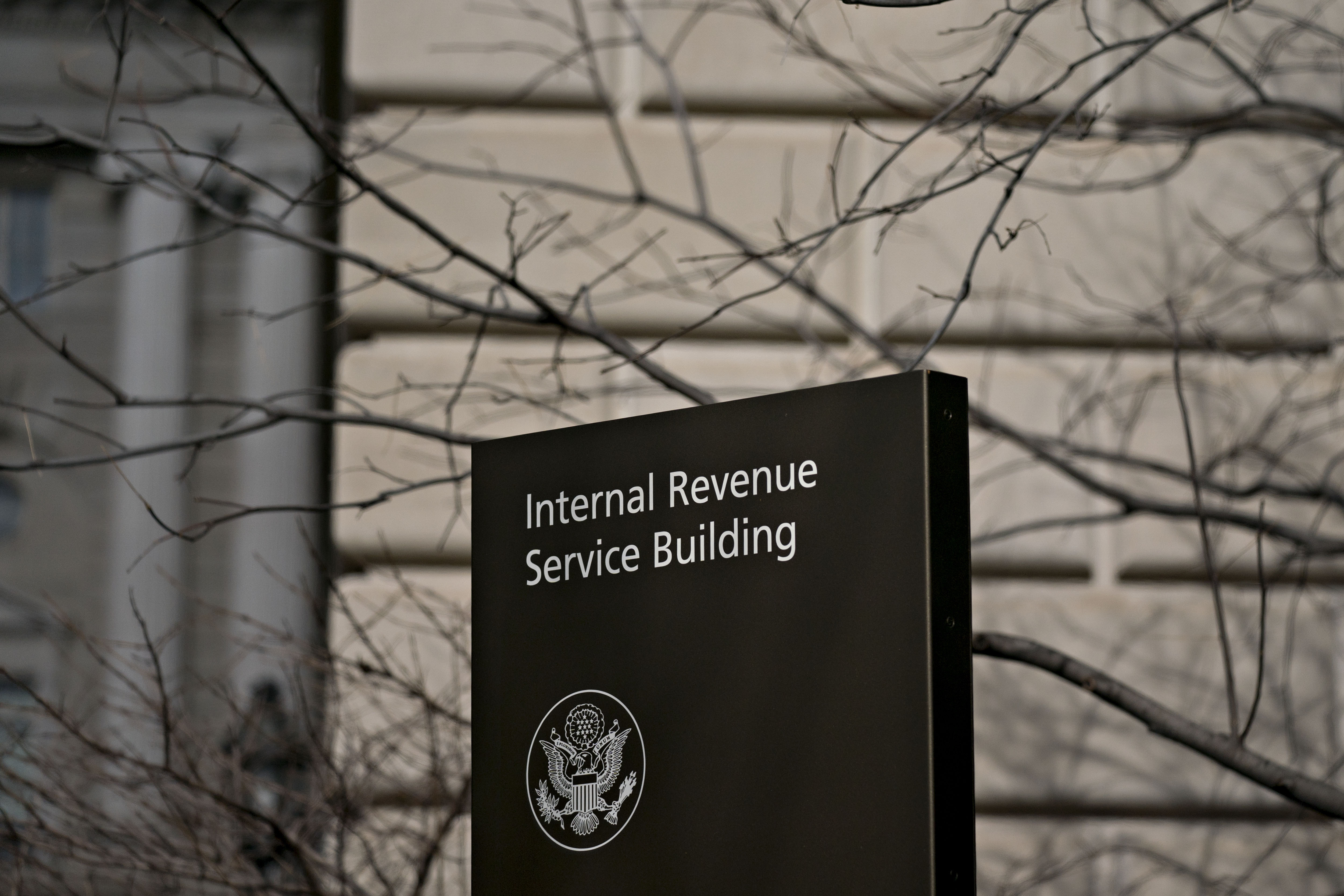The Internal Revenue Service is taking a “sweeping series of steps” to assist taxpayers on issues ranging from payment guidelines to compliance actions during the coronavirus outbreak.
The changes — part of a new “People First Initiative” — include postponing certain payments related to installment agreements and offers in compromise, and limiting certain enforcement. The agency expects the measures to kick in by April 1 and run initially through July 15.
Highlights include:
- Taxpayers have until July 15 to verify qualification for the Earned Income Tax Credit or to verify their income.
- Existing installment agreement payments due between April 1 and July 15 are suspended. Taxpayers who are unable to comply with the terms of an installment payment agreement may suspend payments during this period. The IRS will not default any installment agreements during this period, though interest will continue to accrue on any unpaid balances.
- Taxpayers also have until July 15 to provide requested additional information to support a pending offer in compromise. The IRS will not close any pending OIC request before July 15 without the taxpayer’s consent. Taxpayers can suspend all payments on accepted OICs until July 15, though again by law interest will continue to accrue on unpaid balances.
- The IRS will not default an OIC for taxpayers who are delinquent in filing their return for 2018. Taxpayers should file any delinquent 2018 return on or before July 15.
- Liens and levies (including any seizures of a personal residence) initiated by field revenue officers will be suspended during this period. Field revenue officers will continue to pursue high-income non-filers and perform other similar activities. New automatic, systemic liens and levies will also be suspended during this period.
- Appeals employees will continue to work their cases. Conferences may be held over the telephone or by videoconference.
- The IRS will suspend new certifications to the Department of State for taxpayers who are “seriously delinquent” during this period.
New delinquent accounts will also not be forwarded by the IRS to private collection agencies to work during this period, and the agency will generally not start new field office and correspondence examinations. The IRS will continue to work refund claims where possible without in-person contact and may start new examinations where deemed necessary.
In-person meetings regarding current field, office and correspondence examinations will be suspended. Examiners will continue to work remotely where possible and try to accommodate changes in taxpayer availability during the crisis.
The IRS will continue to take steps where necessary to protect all applicable statutes of limitations. Where a statutory period is not set to expire during 2020, the IRS is unlikely to pursue actions until at least July 15.